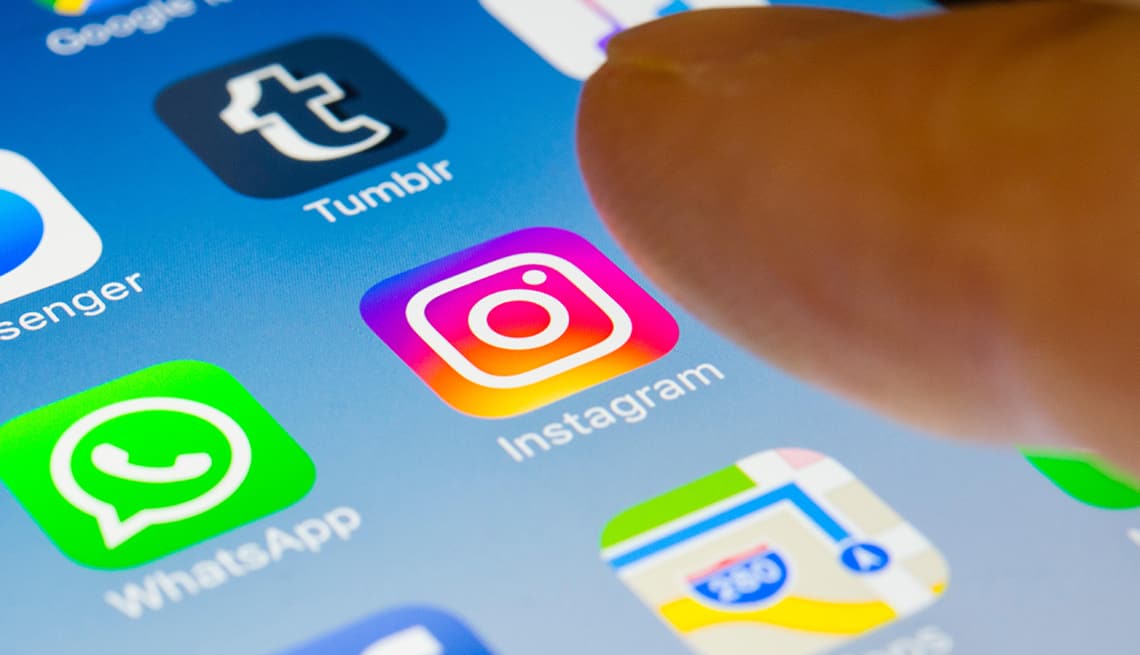Instagram Frauds: From romance to lottery scams, here’s how fraudsters are tricking people
Instagram users have to remain alert as there are a lot of frauds that continue to happen on the social media platform.
Inauthentic sellers
)
Underpriced items may be used by inauthentic or misleading sellers to entice buyers into a fraud. They might try to generate a sense of urgency in their messages to entice consumers to act quickly, or they might seek money via a non-secure means or falsify their location.
Phishing scam

Phishing occurs when someone attempts to gain access to your Instagram account by sending you a strange message or link that requests personal information. Scammers may gain access to personal information such as your phone number or email address if they gain access to your account. They may also change your password in order to prevent you from accessing your account.
Paid subscription services

For a one-time payment, scammers will propose the sale of paid subscription services or lifetime access to these paid subscription services. Avoid purchasing subscription-based services from unknown third parties since scammers will either fail to deliver the product or will fail to work as advertised.
Credit card fraud

Scammers use stolen financial information to make online purchases or to persuade others to buy goods or services at a considerably lower cost than the market pricing. You should notify your banking institution or local law authorities if you discover questionable activity on your credit card.
Job Scams

Scammers use false or deceptive job advertising to obtain your personal information or money. Avoid job advertising that appears to be too good to be true or that requires payment up ahead. When clicking on a link from a job offering, be wary of websites that appear unrelated to the original job posting or that request sensitive information (such as a government ID) but do not employ secure (https) browsing.
False Investment Scams

Scammers may make false monetary promises, such as converting a little sum of money into a greater sum (e.g. $100 = $1000) and then asking for money. The fraudster disappears with the money after making a bogus promise of a return on investment. "Cash flipping" scams, Ponzi schemes, and "get rich quick" schemes are examples of bogus investment schemes to avoid
Loan scams

Scammers offer instant loans at a low interest rate for a little advance charge by sending messages or leaving comments on social media posts. They may ask for more money to grant a larger loan or simply cancel the chat and depart with the payment after an initial payment has been made. Any dealings with persons you don't know should be avoided.
Lottery scams

Lottery scams are sometimes perpetrated through accounts pretending to be someone you know or an organisation (such as a government agency or a social media platform). The mails will claim that you are one of the lottery winners and that you can get your money in exchange for a little advance charge. The scammer may request personal information from you, such as your physical address or bank account information, which they can use for various criminal purposes.
Romance scams

Romance scammers send love communications to strangers, frequently claiming to be divorced, bereaved, or in trouble. They'll form online relationships while pretending to require funds for flights or visas. They want to earn your trust, so the chats could go weeks before they ask for money. Avoid having these types of talks with someone you don't know in real life
Trending Photos








